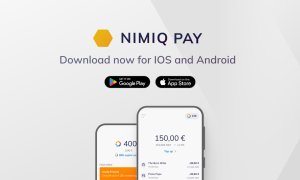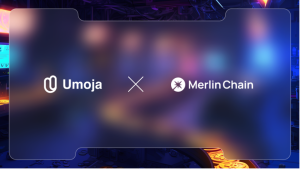ING announces further blockchain tech development, as new solution aims to bolster client data privacy
The new technology allows information to be shared without revealing contextual details.

Blockchain continues to invade the financial services industry, with the latest bit of proof in this respect provided by ING, which has earlier this week announced a new blockchain breakthrough as its latest solution aims to enhance data security for its clients.
The release of ING’s zero-knowledge set membership (ZKSM) solution comes about a year after ING announced the rollout of its zero-knowledge range proof (ZKRP) solution, which helps overcome one of the biggest obstacles to using blockchain in financial services: protecting data privacy. Typically, information on a public ledger is not private given that changes must be verified by each participant in the network. The ZKRP code adds a layer of cryptography to blockchain technology that resolves this challenge.
“Our overall goal with distributed ledger technology and specifically blockchain is to create solutions that empower our clients to transform their business models,” said Annerie Vreugdenhil, head of Wholesale Banking Innovation at ING.
“One of the key elements in this process for clients is how to deal with data and privacy. The release of ZKSM is the next step in this journey.”
ZKRP enables numerical data to be validated within a number range. For instance, a mortgage applicant could prove that their salary sits within a certain range without revealing the exact figure.
ZKSM goes beyond numerical data to include other types of information, like locations and names. This makes the new code — ZKSM, more powerful.
For instance, banks could validate that a new client lives in a country that belongs to the European Union, without revealing the country. Simply put, this technology allows information to be shared without revealing contextual details.
The ZKSM solution is open-source, which means that external developers can experiment with and improve distributed ledger technology privacy standards.
The benefits that blockchain-based technology may provide in terms of security have been appreciated by other companies active in the fintech sector too. In August this year, for instance, Samsung SDS announced the completion of the development of BankSign, its blockchain-based co-verification system for banks, for the Korea Federation of Banks.
If a customer using BankSign obtains a co-verification certificate from a bank, that customer can conveniently use the mobile banking service of other banks with simple authentication. The authentication process has been improved thanks to simplified passwords, fingerprint and pattern authentication.
BankSign prevents certificate forgery through synchronization of distributed agreements, which is a characteristic of blockchain technology, and real-time authentication information between banks. Blockchain encrypts communication segments and double-encrypts data and networks, markedly enhancing security. This improved security has made it possible to increase the validity of digital certificates from 1 year to 3 years.









